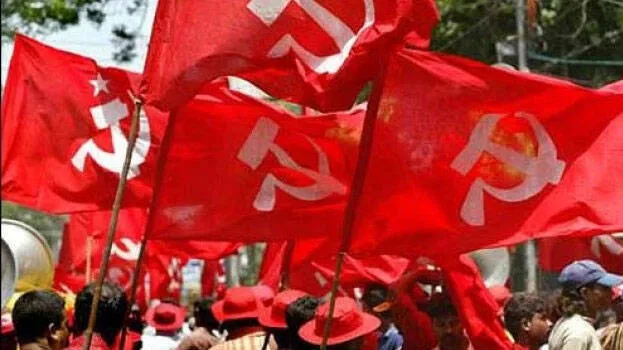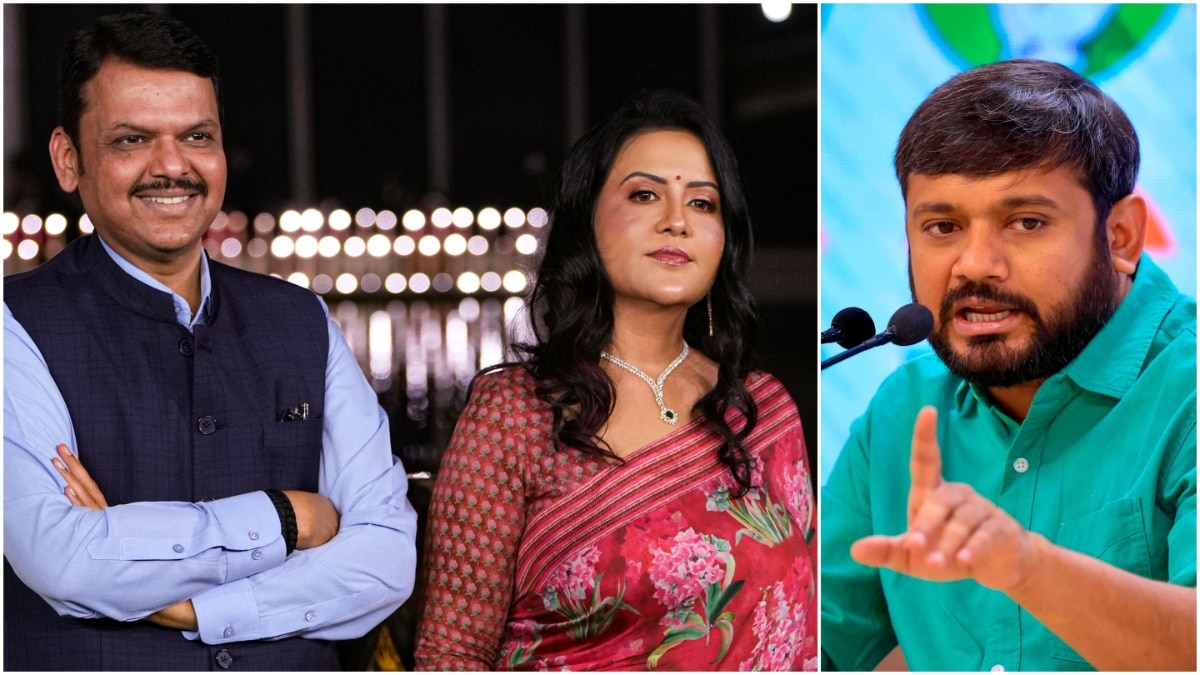
By Young H.K. Pae This year's Nobel laureates — Korean author Han Kang, who won the Nobel Prize in literature, and Japan's atomic bomb survivors' organization Nihon Hidankyo, who received the Nobel Peace Prize — present a fascinating contrast, especially when viewed through the lens of the historical context between the two nations.
Although these awards were given for entirely different fields, the fact that they were awarded in the same year evokes thoughts on the intersection of historical narratives. Han Kang's Nobel Prize in literature is a monumental achievement for Korea, bringing immense national pride. It marks a significant moment for Korean literature to be recognized on the world stage, and the win was quickly embraced and celebrated across Korea.
The sense of pride and joy surrounding Han Kang's achievement has garnered much-needed attention toward Korea's cultural contributions. Additionally, over 1 million copies of Han Kang's work were sold within a short period, and sales continue to grow. Meanwhile, Nihon Hidankyo's Nobel Peace Prize is a deeply meaningful recognition for Japan, honoring the survivors of the Hiroshima and Nagasaki atomic bombings for their long-standing efforts toward nuclear disarmament and peace.
Japan holds a complex historical position as both a wartime aggressor and a country that suffered the devastation of atomic bombs, and this award highlights Japan's role in advocating for peace and the global fight against nuclear weapons. The simultaneous awarding of these two prizes raises the question of whether this was purely coincidental. Had Han Kang not won the Nobel Prize in literature, the public discourse in Korea might have taken a different turn regarding Nihon Hidankyo's peace prize.
Historical tensions between Japan and Korea, rooted in Japan's colonial rule and wartime actions, remain sensitive. In this context, some in Korea could have viewed Nihon Hidankyo's award as reinforcing Japan's victimhood rather than focusing on its historical responsibilities. However, Han Kang's Nobel Prize seems to have shifted public focus in Korea.
The overwhelming sense of pride in the country's literary accomplishments likely contributed to a more tempered response to Japan's peace prize. This allowed for a more positive and forward-looking narrative centered on celebrating Korea's cultural achievements. On the international stage, the timing of these two awards could reflect a broader diplomatic message.
Through the recognition of Nihon Hidankyo, Japan has been further solidified as a champion of peace and nuclear disarmament, while Korea's growing cultural influence has been underscored by Han Kang's award. Together, these prizes acknowledge the historical challenges faced by both nations, while emphasizing their contributions to peace and culture in the present and future. In conclusion, while Han Kang's Nobel Prize in literature and Nihon Hidankyo's Nobel Peace Prize may seem unrelated, they are interconnected in the way they shape narratives within both Korea and Japan.
Han Kang's win likely eased any potential tension that could have arisen in Korea regarding Japan's peace prize. Both awards reflect the Nobel committee's potential intent to acknowledge the past while encouraging a focus on peace and cultural growth moving forward. Pae Hee-kyoung (Global Youth Institute) is an educator (admin@gyi.
co.kr)..














